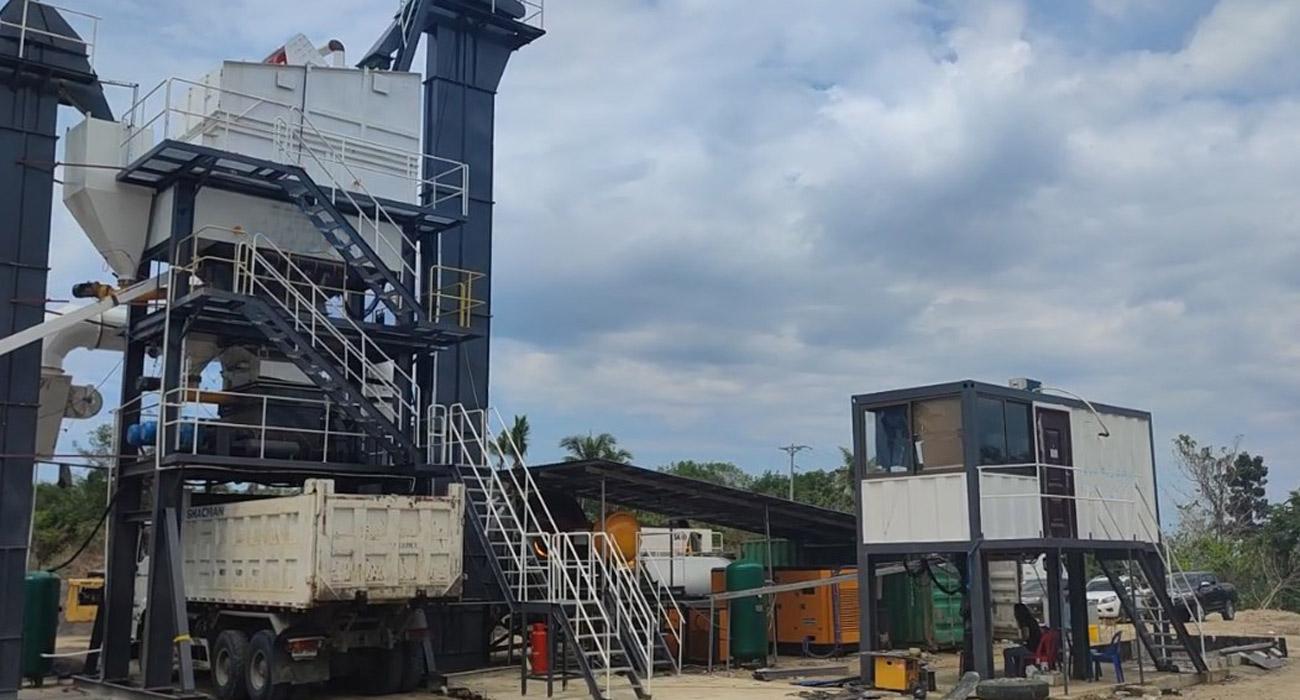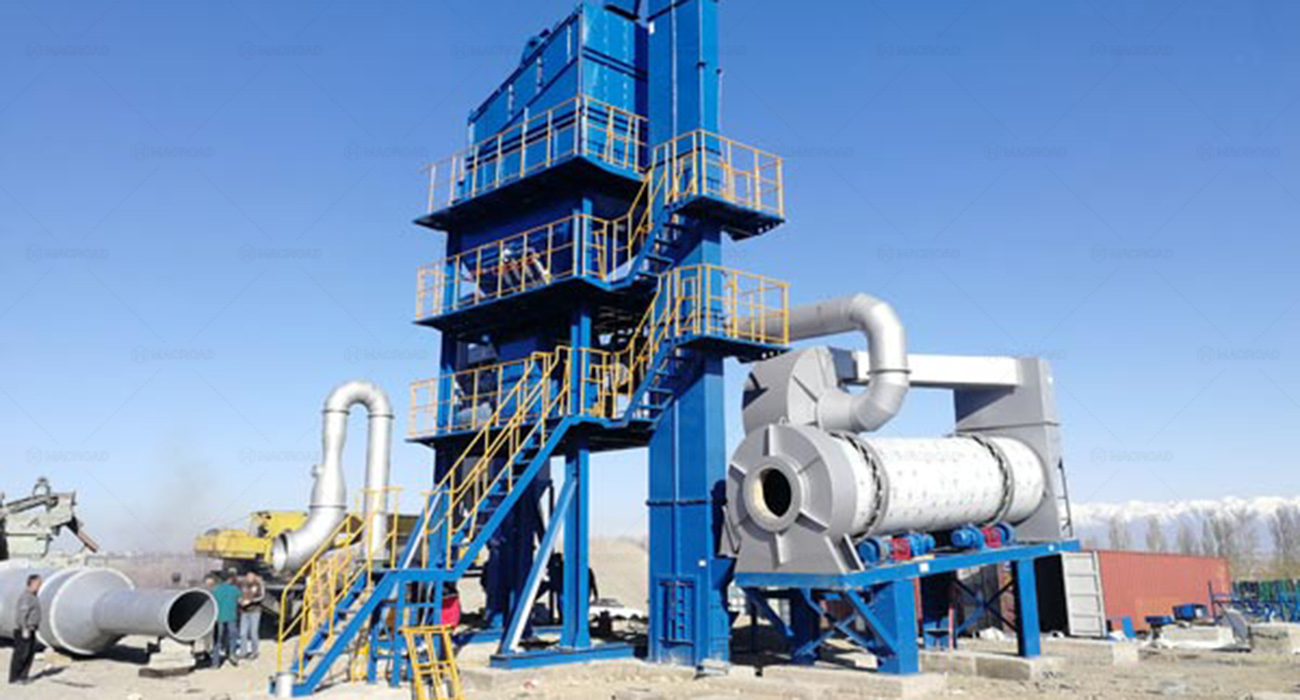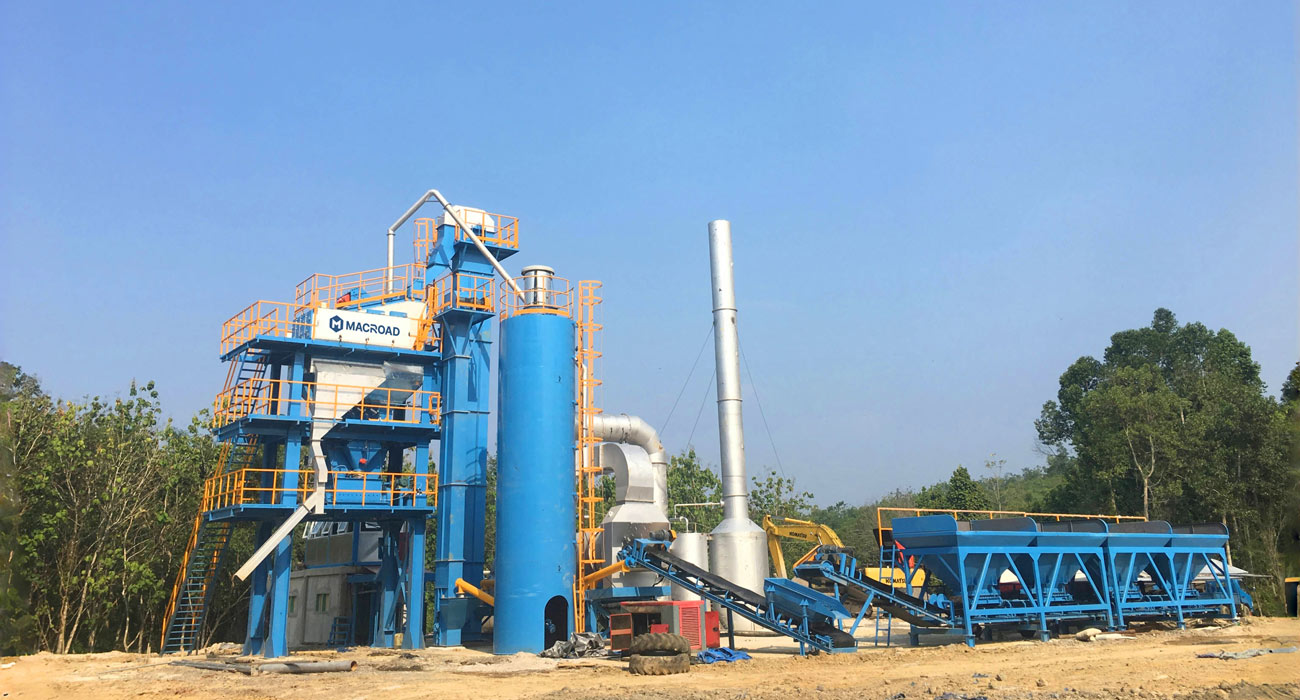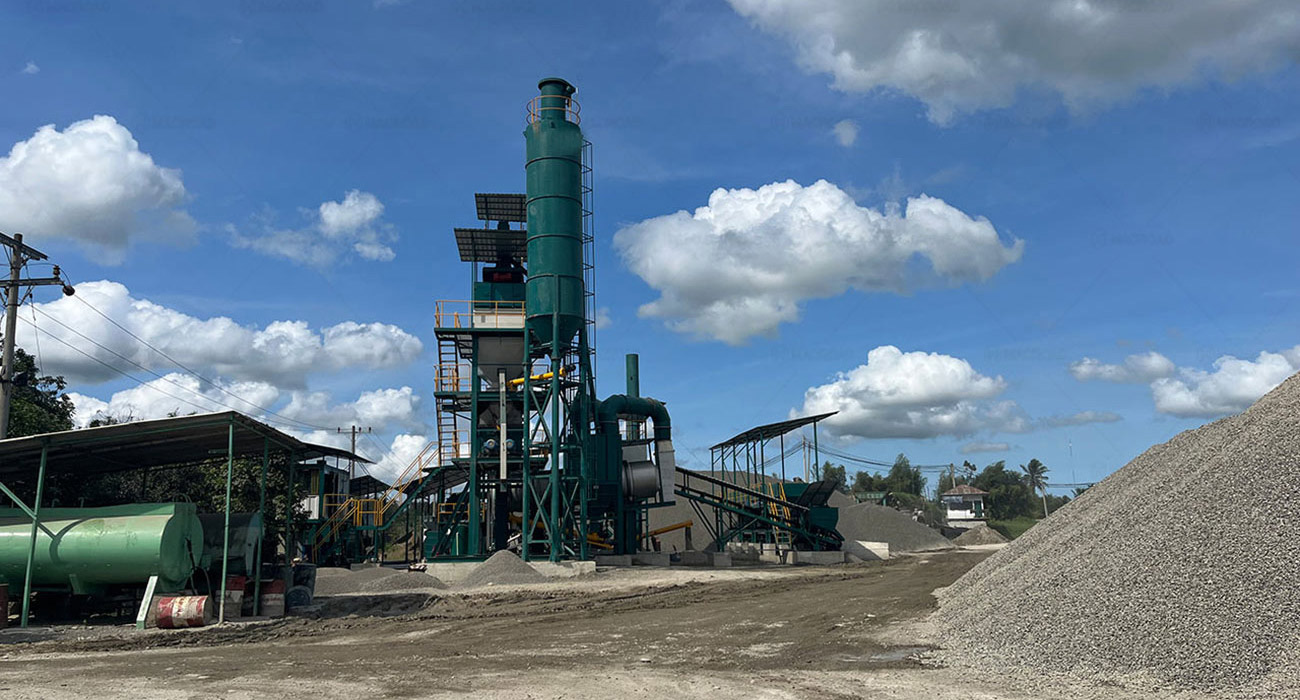Notifications

4 minutes, 51 seconds
-48 Views 0 Comments 0 Likes 0 Reviews

Excessive dust emissions from asphalt mixing plants can lead to significant environmental penalties that impact both operations and reputation. Understanding these penalties is crucial for operators aiming to maintain compliance with environmental regulations while ensuring sustainable practices. This article outlines the specific penalties that asphalt mixing plants may face due to excessive dust emissions.

One of the most immediate consequences of excessive dust emissions is the imposition of regulatory fines. Environmental agencies monitor air quality and set strict limits on particulate matter emissions. When asphalt mixing plants exceed these limits, they may face substantial fines that can vary depending on the severity and duration of the violation.
For instance, a fixed asphalt mixing plant that consistently exceeds allowable dust emission levels could incur daily fines that accumulate quickly, leading to significant financial strain. These fines not only affect the bottom line but also require operators to divert resources toward compliance efforts, such as upgrading dust collection systems or investing in new equipment.
Additionally, repeated violations can result in heightened scrutiny from regulatory bodies, leading to more frequent inspections and potential legal actions. This ongoing oversight can disrupt operations and increase operational costs, as plants may need to implement immediate corrective actions to mitigate emissions.

In addition to direct fines, excessive dust emissions can lead to increased operational costs for asphalt mixing plants. To comply with environmental regulations, operators may need to invest in advanced dust control technologies, such as baghouses or wet scrubbers, which can be expensive to install and maintain.
Moreover, the costs associated with environmental compliance extend beyond equipment. Operators may need to conduct regular air quality assessments and maintain extensive documentation to demonstrate compliance. These ongoing expenses can strain budgets, particularly for smaller plants or those operating on tight margins.
Furthermore, if a plant is forced to halt operations due to non-compliance, the financial impact can be severe. Lost production time translates to decreased revenue, and the costs of regulatory fines can compound the financial burden. Therefore, investing in preventive measures to control dust emissions is often more cost-effective than dealing with penalties after violations occur.

Beyond financial penalties, excessive dust emissions can severely damage an asphalt mixing plant's reputation. In an era where environmental responsibility is increasingly valued, companies that fail to comply with regulations may find it difficult to maintain positive relationships with clients and stakeholders.
Contractors and project owners are often keen to partner with suppliers who demonstrate a commitment to sustainability and compliance. If an asphalt mixing plant is known for excessive dust emissions, it may lose out on valuable contracts in favor of competitors with better environmental records. This loss of business can have long-term implications for growth and profitability.
Additionally, communities surrounding asphalt mixing plants may become vocal opponents if emissions negatively impact air quality. Local activism can lead to increased pressure on regulatory agencies to enforce stricter penalties, further complicating operational challenges for the plant. Building and maintaining good community relations is essential for long-term success, and excessive dust emissions can undermine these efforts.
In conclusion, asphalt mixing plants face significant environmental penalties for excessive dust emissions, including regulatory fines, increased operational costs, and damage to reputation. Understanding these risks is essential for operators aiming to maintain compliance and ensure sustainable practices. By investing in effective dust control measures and prioritizing environmental responsibility, asphalt mixing plants can protect their operations and enhance their standing in the industry.
asphaltplant stationary asphalt plant asphalt plant price asphalt plant cost

